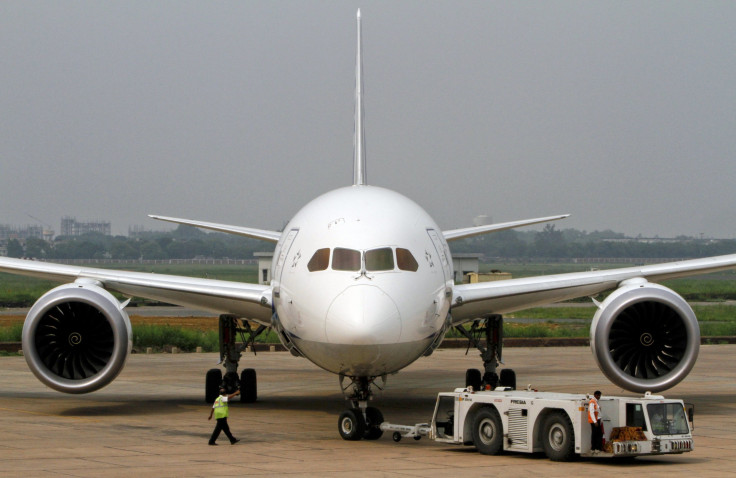Wide-Body Jet Orders Jump At Airbus And Boeing In July

The safety crisis surrounding the 737 MAX this year has put a damper on order activity for the latest version of Boeing's (NYSE:BA) workhorse single-aisle jet. More surprisingly, Airbus (OTC:EADSY) has also reported fairly weak order activity for its competing A320neo aircraft family during 2019.
Those trends continued last month. Nevertheless, July could be considered a successful month for both aircraft manufacturers, as they saw solid order activity for their wide-body jets, which carry higher price tags and tend to have thinner order backlogs.
Another month of muted narrow-body orders
In the first half of 2019, Boeing reported negative 180 net orders for its 737-family jets. The aerospace giant did book several dozen new orders during that period, but the collapse of India's Jet Airways forced it to remove a huge number of orders from its backlog. Meanwhile, Airbus' order total was in negative territory for the year as of May, but it started to turn things around in June, booking 130 new firm orders for A320neo-family aircraft.
In July, Boeing once again failed to land a single 737 order. The Airbus A320neo family didn't do much better. Airbus reported an order for two A320neos from Iberia and an order for an A319neo from a private customer.
In addition, Airbus finally removed Republic Airways' long-defunct order for 40 A220-300s from its backlog. The order dated back to 2010, when Republic still owned Frontier Airlines -- and the A220-300 was still the BombardierCS300. Republic Airways kept the order when it sold Frontier Airlines in late 2013, but it never had a clear use for the planes.
Better luck selling bigger jets
Fortunately for Boeing and Airbus, airlines have continued to order wide-body jets this year, despite the shaky economic conditions and geopolitical tensions permeating much of the globe.
Boeing brought in 31 orders for wide-body jets last month, with no cancellations. Most notably, Korean Air finalized a deal for 20 787 Dreamliners that was announced at the Paris Air Show in June, split between the 787-9 and 787-10 variants. Boeing also got one order for a 787-8 from an unidentified customer, eight orders for 777 freighters (five for Qatar Airways and three for China Airlines), and an order for two 777-300ERs from an unidentified customer.
Airbus had a solid month for wide-body orders, too, led by a deal for 20 A350-900s from Air China. The European aircraft manufacturer also finalized an order for eight A330-900neos from Virgin Atlantic that had been announced a month earlier at the Paris Air Show. Finally, aircraft leasing company Dubai Aerospace Enterprise ordered two A350-900s, offsetting the cancellation of two A350-900 orders by Hong Kong Airlines.
Can aircraft manufacturers finish the year with an order surge?
In recent years, Airbus and Boeing have frequently reported massive order activity near year-end: particularly in December. Investors must hope that this pattern sticks in 2019. Through the first seven months of the year, Boeing's net firm order total stands at negative 88, while Airbus has recorded just 79 net orders.
It's no secret that narrow-body order activity has been soft year-to-date. On the bright side, both Airbus and Boeing have deals in the pipeline, headlined by a commitment from British Airways parent IAG to buy 200 737 MAX jets, which was announced at the Paris Air Show. Furthermore, other airlines are nearing major fleet replacement or expansion decisions, including Alaska Air and Spirit Airlines (just within the United States).
The other piece of good news is that Boeing still has more than 4,400 unfilled firm orders for the 737 MAX. Even if some airlines cancel some of those orders, Boeing has plenty of cushion to weather a short-term dip in order activity. Airbus is in even better position. With 5,724 unfilled orders for A320neo-family jets as of the end of July -- along with 431 unfilled orders for the A220 -- building airplanes fast enough to meet demand continues to be a much bigger challenge for Airbus than generating orders in the first place.
Adam Levine-Weinberg owns shares of Alaska Air Group and Spirit Airlines. The Motley Fool owns shares of and recommends Spirit Airlines. The Motley Fool recommends Alaska Air Group. The Motley Fool has a disclosure policy.
This article originally appeared in The Motley Fool.




















